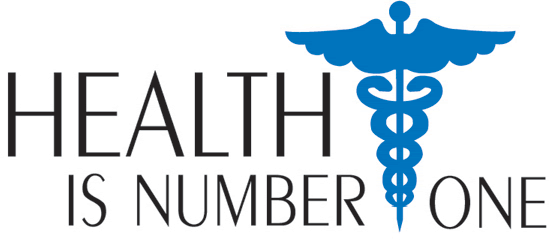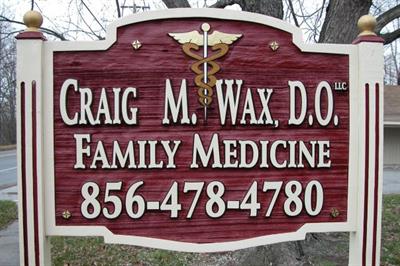Health Library ~ Family Medicine in Mullica Hill, NJAll Material copyright Craig M. Wax, DO unless otherwise denoted. Advance Directives By Craig M. Wax, DO Advance directives are the rules that you wish to be followed in case of dire health emergency. They tell physicians and other health care team members what you would and would not want. If your chances of meaningful survival are poor and you cannot communicate your wishes directly, advance directives are followed. They are important because they speak for you when you cannot speak for yourself. These directives should be simple and to the point. They DO NOT require a lawyer consultation. They can be completely quickly with a thoughtful discussion with your family and family physician. Once your physician is aware of your advance directive wishes, he or she can write the order for your medical record. It usually seems difficult in health related situations to discuss with your family and physicians what kind of resuscitation you would want in a dire situation. It is important that you have thorough discussions with your family and personal physician regarding these matters BEFORE an immediate need arises. In the state of New Jersey, there are three basic types of advance directives: 1. Proxy directive - This is in force when a patient elects a representative (i.e. family member) to make healthcare decisions should he or she become unable to make them. 2. Instruction directives - This is also known as a "living will." These are written directives that spell-out which treatments a patient is willing to accept and/or refuse. The circumstances in which they are to be enabled may also be defined in this document. 3. Combined directives - This type has features of both previous directives. A proxy is designated to make decisions and detailed instructions are to be followed as well. Any of the above directive types are appropriate and should detail your wishes. If you do not give any advance directives, the state of NJ dictates that every life-sustaining and/or prolonging treatment will be utilized unless a physician deems it futile. An example of this might be an elderly person in a coma, who is "brain dead," and on a ventilator to breathe for him or her. If there are no previous advance directives, the patient might exist with the help of machines for years and no chance to regain a meaningful life. Dignity and "meaningfulness" of life and death is different for each person. This is why you must make your directives clear to family and physicians so that you get only the treatments that you would wish in certain situations. Bear in mind that you can change your advance directives at any time. For instance, should your health situation or prognosis change, you can always change your mind and have new directives instituted. Always make your physicians and close family members aware of your advance directives so that the healthcare team can follow your wishes. |
|





